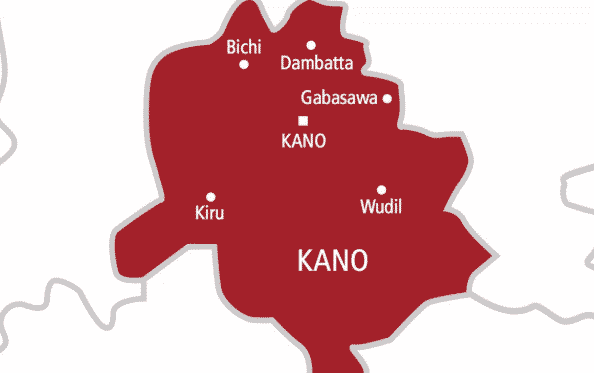Our major challenges – Kano smallholder farmers
Malam Auwalu Maihula is a smallholder farmer who claimed to have been in the sector for more than 20 years. Narrating his ordeal during the subsidy removal period, Maihula revealed that every year, he had to contend with several challenges, including improved seed sourcing, adulterated agro-chemicals, poor extension services, among others, but this year, […]

Malam Auwalu Maihula is a smallholder farmer who claimed to have been in the sector for more than 20 years. Narrating his ordeal during the subsidy removal period, Maihula revealed that every year, he had to contend with several challenges, including improved seed sourcing, adulterated agro-chemicals, poor extension services, among others, but this year, he had an additional issue to worry about, and that is ‘how to feed.’
“I have been a farmer for over two decades now, yet I keep struggling every year to return to farm. This is the initial issue bedeviling an average farmer in Nigeria. Now, to eat is becoming very difficult due to high cost of food items in the market. We were left with the option of either to live and leave the farm or go to farm and seize to live.
This is an account of a smallholder farmer in Kano State amidst the aftermath of fuel subsidy removal and perhaps a representative of most smallholder farmers in Nigeria despite the vital role farmers have been playing in the country’s food security.
According to an agribusiness expert, Mr Ibraheem Mu’ázzam, the agricultural sector is of great importance to Nigeria as it benefits the farmer, society and the country in general. He added that the current subsidy removal would no doubt affect food production for an ever-increasing population like Nigeria.
He said the removal would impede the level of contribution of the agricultural sector to the economy because smallholder farmers were usually and directly affected by the removal as agricultural inputs had gone beyond the reach of the farmer due to its price hike.
Another farmer, Usman Moddibo, said that over 30 years ago, smallholder farmers had it so good because of the existence of agricultural extension agents. He said it was unfortunate that today, not all extension agents could visit farms when needed; and as such, farmers were left at the mercy of trial by error.
He added that extension was a link between farmers, researchers and extension institution or organisations, but most smallholder farmers do not have access to the extension agents because they no longer honour invitations by farmers.
Similarly, for Malam Isah Bello, a wheat farmer who claimed to be in the profession for more than 19 years, the most biting challenge faced by smallholder farmers due to subsidy removal is the high cost of agricultural inputs. He added that farmers were forced to reduce their production capacity to what they can handle, and as such, output would surely decrease.
“For years, some sections of farmers have been depending on the goodwill of some companies for their seeds and input supply, but this year, with subsidy removal, farmers have been left alone in search of an opportunity to farm, no matter how little it is,” Malam Isah revealed.
However, the Kano State chapter chairman of the All Farmers Association of Nigeria (AFAN), Abdulrasheed Magaji Rimin Gado, said said it was apparent that farmers had cut down their producing capacity to what they could handle due to the high cost of inputs.
He explained that it was disheartening to come to term with the fact that some decided to abandon their farms completely. It is sad to see some smallholder farmers working in other farmers’ farms because they have decided to abandon theirs for the fact that they can’t cultivate it due to the high cost of inputs occasioned by fuel subsidy removal,” he lamented.
